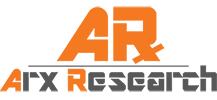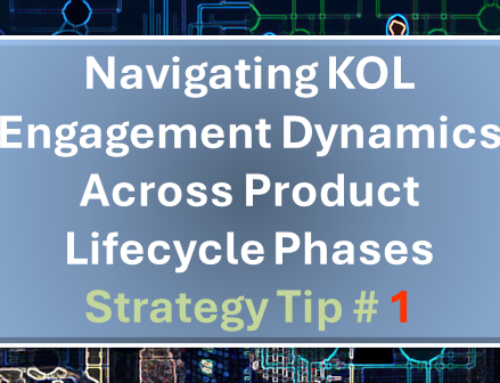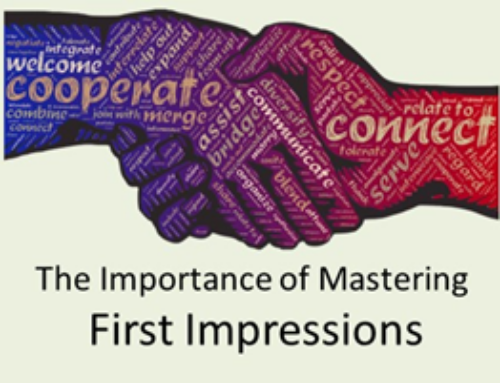Intending to engage thought leaders is one thing, succeeding is another. The difficulty to access KOLs is based on a number of factors. First, there is the level of influence a KOL may have. Internationally recognized thought leaders are always more difficult to engage with than local influencers. KOL access will also vary based on the type of KOL approached. Our recent global research on KOL engagement shows that government representatives, ACOs and MCOs are the most difficult thought leader groups to access. This result is unsurprising. Large bureaucracies usually make it difficult for anyone outside of these organizations to engage with their personnel.
One interviewed executive mentioned that they begin communicating with thought leaders and representatives from these categories in the early phases of a product development because they know it will take time and considerable patience to form relationships. A few established life science organizations lean upon already open lines at these entities, created during previous product work, which helps in accessing these types of thought leaders.
For life science organizations starting out with a product, it proves a more cumbersome process.
The following three categories (4-6 in difficulty) of thought leaders show moderate resistance to access. Subspecialists, who usually address a narrower field within a specialty, prove more difficult to access than their academic and specialist counterparts.
Our full research report shows segmented data for the regions of U.S., EU, APAC and LatAm. Data shows a very similar scenario for the U.S. respondents when it comes to interacting with government representatives, ACOs and MCOs. A key difference from the overall data appears for the next three categories by difficulty. US companies seems to be facing more difficulty engaging academics than subspecialists. Most likely, this result stems from the ramifications of the Sunshine Act’s stipulations; academic centers reacted more aggressively than their corporate counterparts in shutting down contact with pharmaceutical companies.
The data from executives in Europe and other regions indicate these companies face a much more difficult task than in the US in order to access government representatives and subspecialists. Across the regions, respondents report that pharmacists are the most accessible thought leaders.
Find out more about KOL access metrics and how companies engage with KOLs at every phase of product development:
https://www.arxresearch.com/product-category/thought-leader-management/






